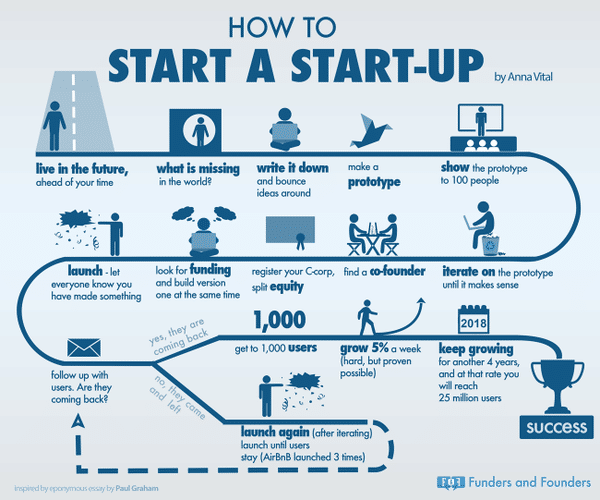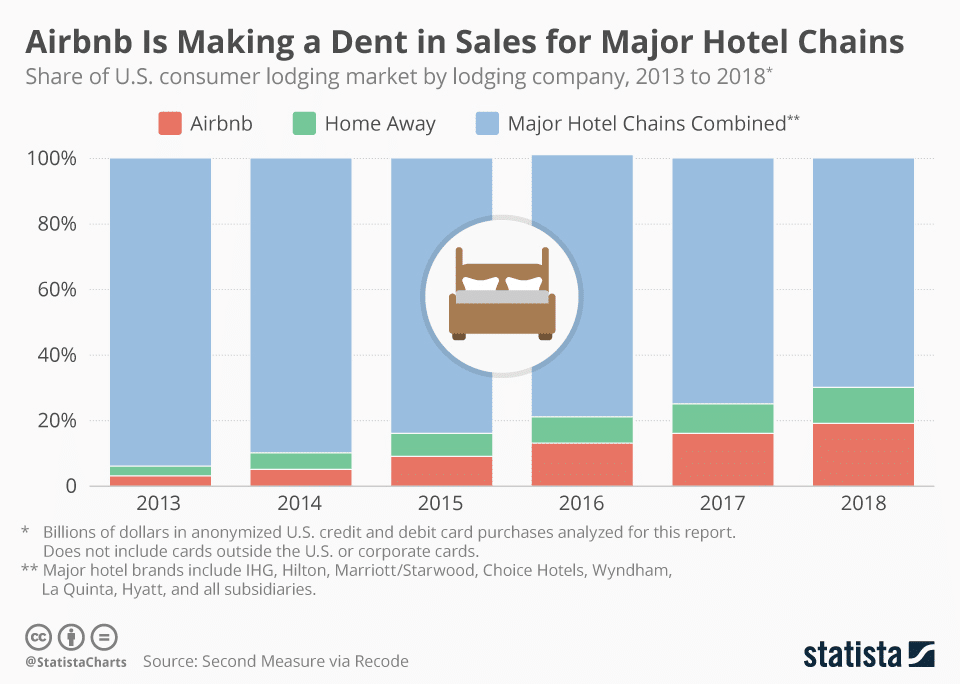Digital retail is transforming rapidly to fit the needs of modern society. To succeed in eCommerce, you now should be more social: practicing zero waste, living a sustainable or eco-friendly life, co-living. How to apply these concepts to business? In fact, all of them can be covered by one discipline – the sharing economy.
Sharing economy is a term for a way of distributing goods and services, a way that differs from the traditional model of corporations hiring employees and selling products to consumers. In the sharing economy, individuals are said to rent or “share” things like their cars, homes and personal time to other individuals in a peer-to-peer fashion.
Wikipedia
Sharing Economy Principles
Call it access or collective economy, the meaning is the same: using an unused thing or space for the benefit of both, the one who shares and the one who is seeking for shared things. But sharing markets need a platform to bring profit to the owner.
This path has been already trodden by Airbnb, and the model itself is still full of potential for eCommerce projects.
Sharing helps to reduce waste, no matter if it is the unused space or a cloth you wore only once. Today’s GenZers, a generation coming to change Millennials, are choosing to share rather than possess. Sharing is one of the key values of the rising generation who does not want to overproduce and over waste in order to be more earth-friendly. Sharing also allows for greater freedom as you‘re not stuck to one place.
Any success even an eventual one has been preceded by the luck supported by hard work and constant learning through mistakes. To learn how to succeed with a start-up, let us address a world eCommerce giant like Airbnb to reveal what’s inside this success story and what you can take for you out of there.



As mentioned above, world trade is full of products and services. Well, that was a smart solution from the Airbnb owners to consider the market of unused space and offer it for rent, a model that exemplifies the sharing economy. In this context, a merchant acts as a link helping the vendors to properly distribute their properties among customers. The idea itself was not something ground-breaking. By that time, the market was operated by HomeAway, VRBO, and others with a similar model. However, only Airbnb is heading the top as success is all about differentiating.
What’s new Airbnb offered to the market to make a difference?
Airbnb is a very wealthy company because it manages to solve problems for the hosts taking a commission for this from every booking. Unlike other market players, they really assist in the deliberation process solving the host-and-guest issues. Another feature that stands them apart from similar service providers like hotels is the idea to sell the local authentic experience instead of a cookiecutter’s approach of standard hotel rooms and their copycat services. This local experience entails other advantages as compared to hotels: cheaper price, greater flexibility of check-in/out, direct vendor communication and in-hand amenities like own kitchen. As statistics shows, despite a slight stagnation, they still lead and keep on growing:



But differentiating the service is not a cure-all solution. One needs something more to anchor in people’s minds. Let me quote a sentence from a well-known movie:
“What’s the most resilient parasite? An idea. A single idea from the human mind can build cities”.
Inception
Rephrasing the statement, I would say, building a brand relies on brand philosophy. Most things have already been invented before you. The only thing you can do to engage customers is to make them your followers.
Take an example of Parkhound and Spacer. The business owners implemented the sharing economy philosophy while creating their marketplaces. On the websites, you can easily find a way to rent parking or storage spaces from residents and businesses in Australia and across America. Both sites connect people who have a spare space or car space with individuals looking for affordable and convenient short and long-term parking and storage with over 30,000 units available for rent we are the largest marketplace for space in Australia. The brand owners’ idea to help improve parking across America really resonated with their audiences.
So, how to make customers follow your philosophy?
Creating strong content to back up the portfolio was Airbnb’s reply. Their Stories’ section on the website enables to get an insight into the world of hosts and guests. Guests who share their feelings on ‘living like a local’ really convince other visitors to adopt this philosophy and join a community of like-minded fellows. It creates trust, social proof, and brand awareness.
The rest of the measures that Airbnb did for their evergreen success can be estimated as supportive rather than the key reasons.
What are those extras to stick attention to your brand?
Here is a list of Airbnb methods in the context of the sharing economy:
- Investing in professional and quality pictures. Airbnb offers free professional photography services to the hosts.
- Practical pricing policy.
- Refined search.
- Rapid booking confirmation.
- Accepting online payments with multi-currency support instantly.
- Showing when or when not they can book your vacation rental.
- Listing property information automatically based on relevant data.
- Adding more options to the website like blogs, discussion forums and multimedia sharing options for viewers to give ratings and comments. Localization of Airbnb in China included more local social media. They got success and grew their client base by 700% in 2015 in China thanks to allowing their users logging in via WeChat and Weibo accounts, the most popular social media platforms.
- Personalizing with banners. Airbnb’s goal was to open the world to travel. In doing so, they targeted their audiences geographically creating high-quality pictures. They became an international brand, listing grew from 1 to 80,000 and today everybody is talking about their success.
And below is a set of tools to support your start-up on the way to success:
- Multi-Vendor Plus, marketplace platform to start with.
- Geolocation by Google, automatic location even for unlogged customers using Google maps
- Follow Vendor, an add-on to promote your vendor.
- Real-Time Messenger, an add-on for instant customer-to-vendor communication.
- Facebook Pixel to manage Facebook and Instagram ad campaigns.
Closing
In conclusion, I would say that the Airbnb idea defined their success, and the rest of the finetuned measures allowed them to stay competitive and grow. The concept of a sharing economy, where people rent out their assets, is now very trendy and aligns with the global mindset striving not to overproduce and get more from existing things. You may consider ridesharing as Uber did or cattle leasing for clean farm lovers or high-end collection cloth renting for budget-minded fashionistas. No matter what area you would choose. Try to differentiate, fill your business with an idea behind and constantly improve your business by configuring your offer to comply with the market needs. We can help you to build your success story and share our experts with you!

